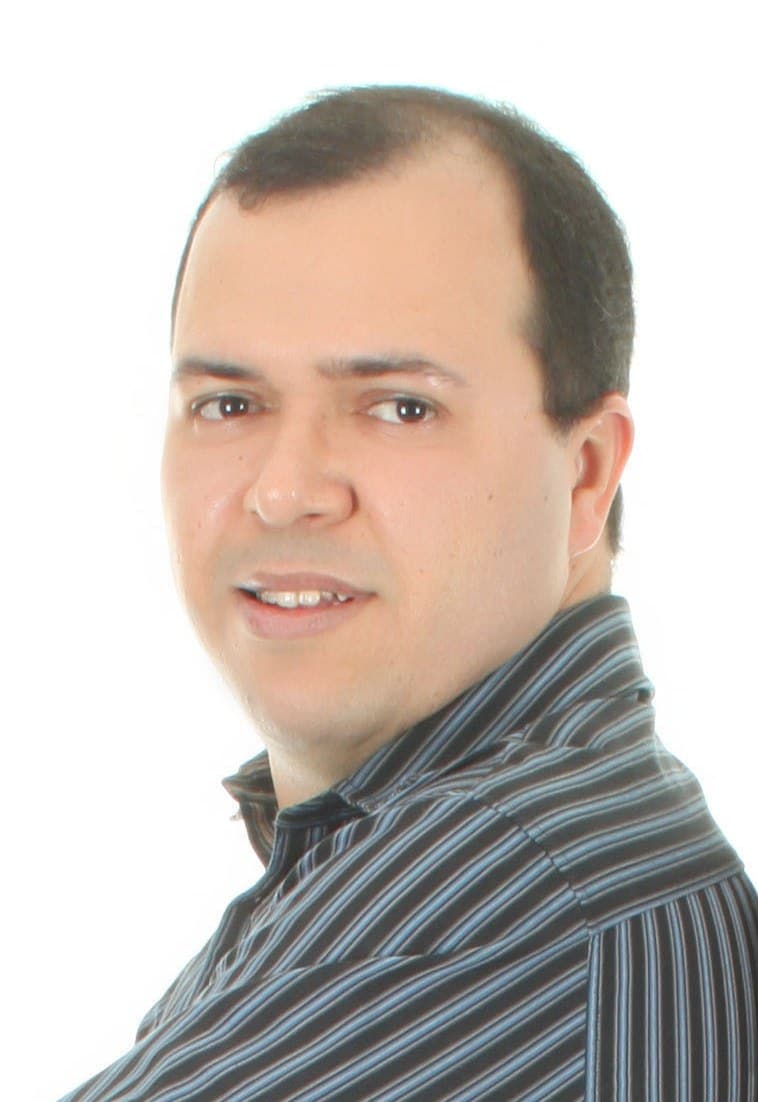Lesson 1: Native and non-native teachers; horses for courses
Long ago, in 1981, before many of you were even contemplated, I was teaching at the British Council, Cairo, Egypt. An expensive, imported gringo, I was energetic, attractive, hirsuit, super-keen having just done my second TEFL diploma, and feeling like ‘Superteacher’. But, I quickly learned some important pedagogical lessons. I’ll blog a few of them here over the next few months:
Lesson 1: Native and non-native teachers; horses for courses
I wasn’t allowed near Beginners or Elementary. Why? Because I had no idea of Arabic, their mother tongue, their needs or the thought processes, problems or potential traps involved in switching from Arabic to English. I was ‘restricted’ to pre-Intermediate and above, leaving lower levels to bi-lingual specialist Arabic teachers who were far better equipped. Quite right too! They had done what their students were trying to do, and were a realistic model for them. As a non-Arabic speaker, I certainly wasn’t. None of my students would ever be native speakers. But all of them could aspire to be successful ‘switchers’, from Arabic to English, just like their teachers. Occasionally, they would let me into a class for a few minutes to give their students the experience of communicating with a ‘gringo’, but I was then quickly ushered out before I could do any serious damage’!
It’s the same here in Brazil. Let each teacher, native or non-, play to their own strengths rather than all of us having to aspire to be native-like, and force students through an unnatural, artificial, part-time, total-immersion process, where Portuguese and English are kept wholly separate. Native speaker models and Brazilians trying to teach as if we were in ‘Native-speaker-land’ have been predominant for too long. That tends to work fine for stronger or advanced speakers, ‘polishing’. But not for weaker ones, those who lack confidence, or really need the reassurance of at least mentally translating much of what is being said and what they want to say before saying it, which is the case with most learners.
Non-natives strengths are their knowledge of both languages, the culture and being the ideal guide and role model as they have been through the processes that the students are having. Play to those strengths! None of our students will ever be native speakers but if they are lucky and work hard at it, they could end up speaking as well as you, their teachers, their ideal role model. How often do you get asked ‘Should I learn British or American English? My answer is always; ‘Why worry, you’ll end up speaking ‘Brazilian English’ anyway!’






